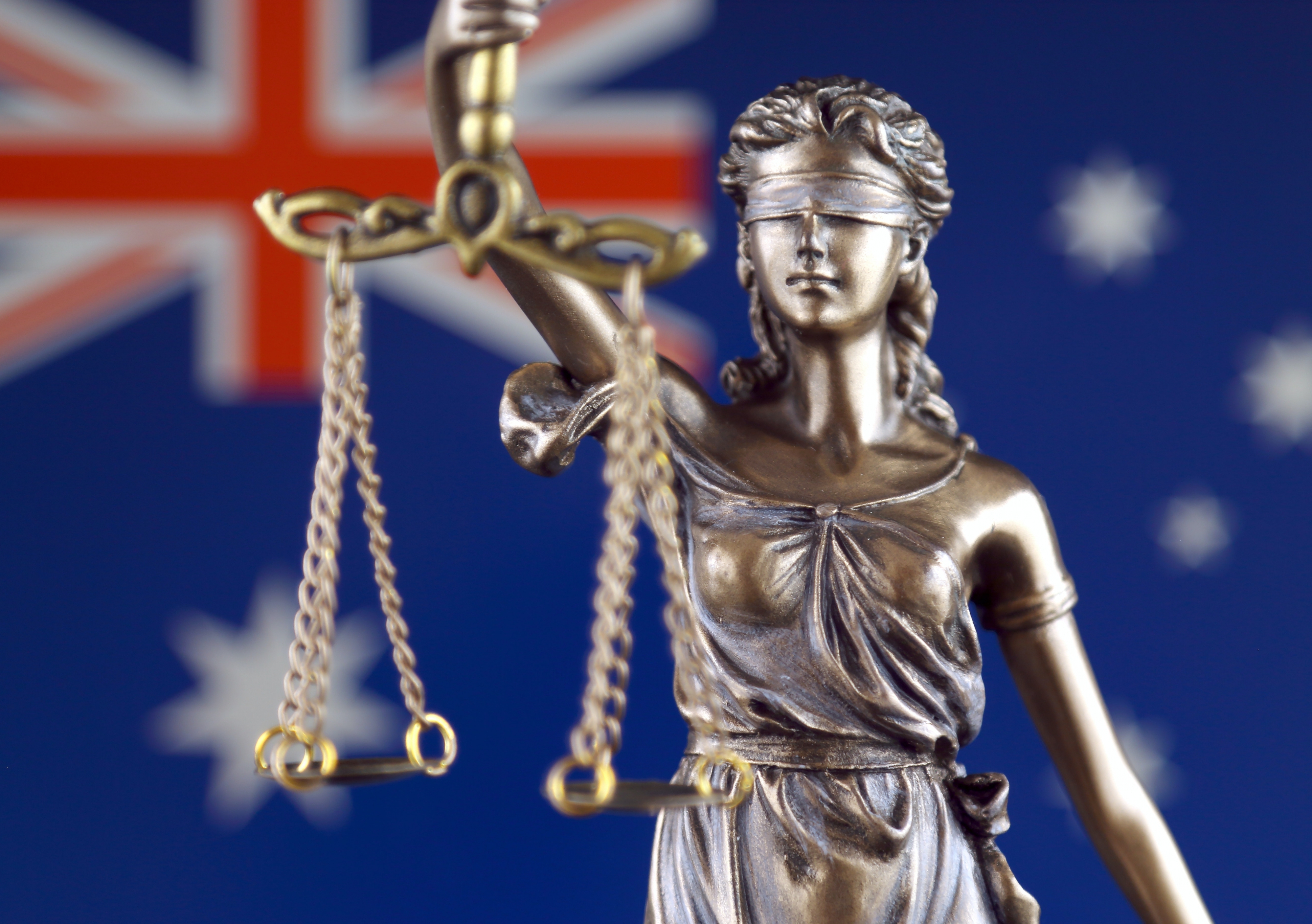Federal Court awards $350,000 to unlawfully detained asylum seeker, opening door to further claims
This case is important because it represents a rare litigation win for an asylum seeker. He doesn't automatically get the right to stay in Australia, but he's won damages — and that's unusual.


